Taking photos of properties for sale or rent is common practice among estate agents and landlords in the UK. However, there are some important laws and regulations around property photography that agents and landlords need to be aware of. If you are a property photographer, make sure to keep these laws in mind to overcome trouble in future.
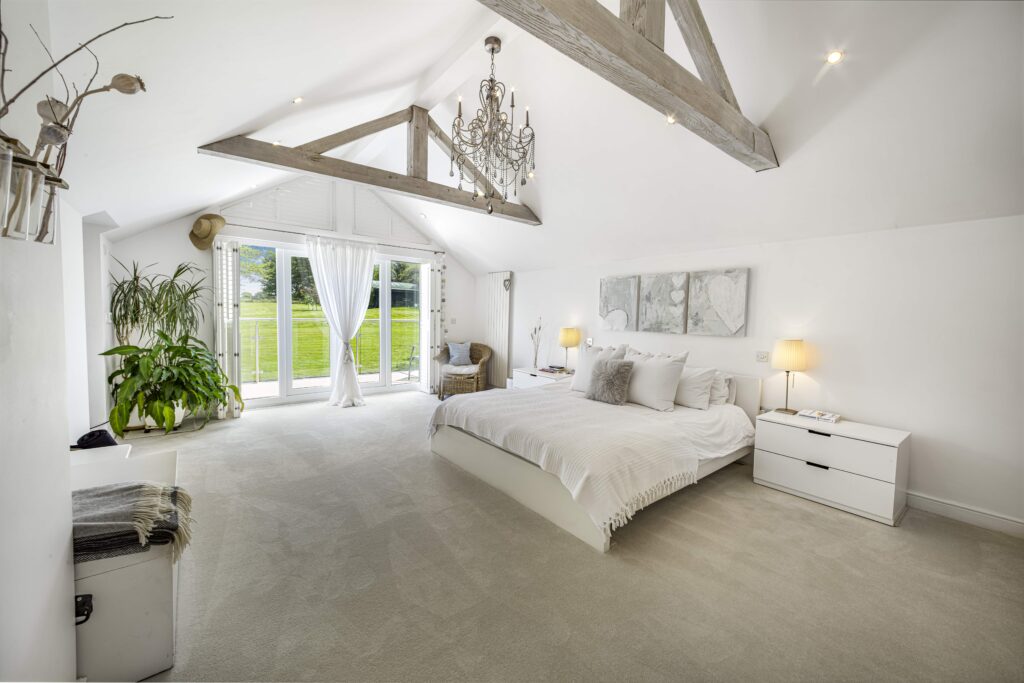
Copyright Issues
The first issue is copyright. As soon as a photo is taken, the photographer automatically holds the copyright to that image. This means in order to legally use a property photo taken by someone else, you need their permission. Simply finding a photo online and using it in your listings would be copyright infringement.
If you hire a professional photographer to take photos for you, it’s important to have a usage license agreement in place. This should specify you have the right to use the photos for specified marketing purposes like property listings, brochures, websites etc. Without this, you may not have the right to use or distribute the photos the photographer takes.
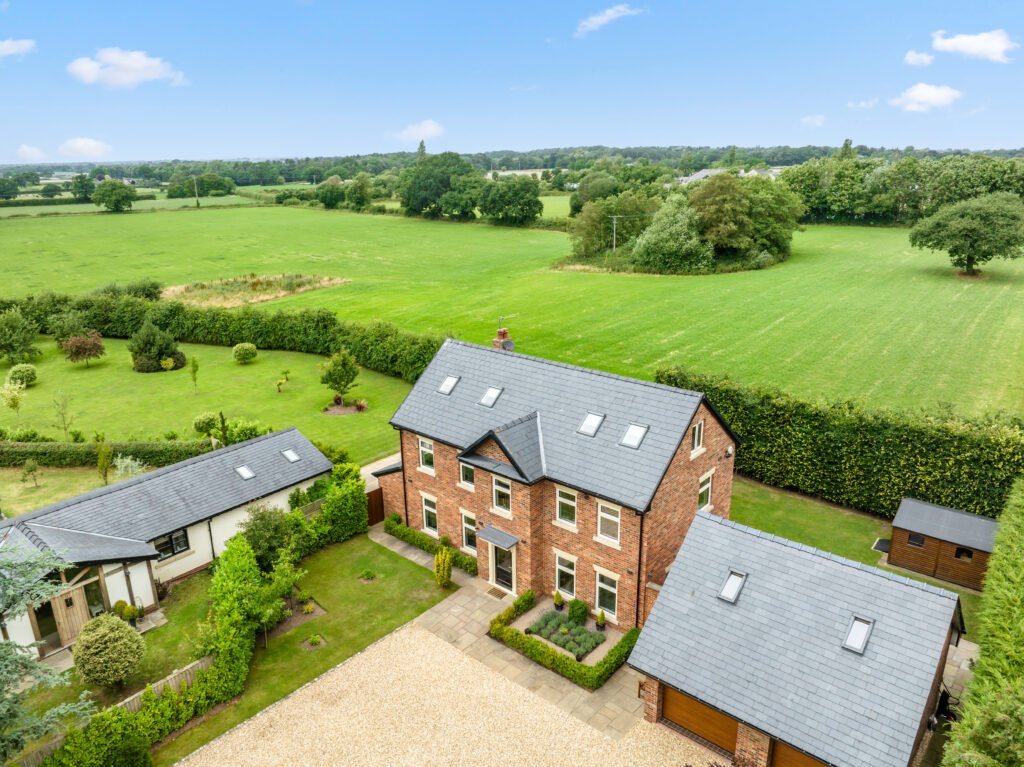
GDPR Privacy Regulations
Property photos often show the inside of people’s homes, which means they can contain personally identifiable information. Under GDPR rules, using photos that reveal personal details about the current or past occupants could be a breach of privacy.
So, if you intend to take photos inside an occupied rental property, it’s important to get consent from the tenants with regard to how the photos will be used. Specific details should be given on things like inclusion in online or printed listings, distribution to third parties, length of time they will be used for etc. Tenants have a right to refuse or restrict permission.
Leaving visible personal items like family photos in the shots is not recommended. Likewise, photos showing documents, and medication could be a violation of privacy rules.
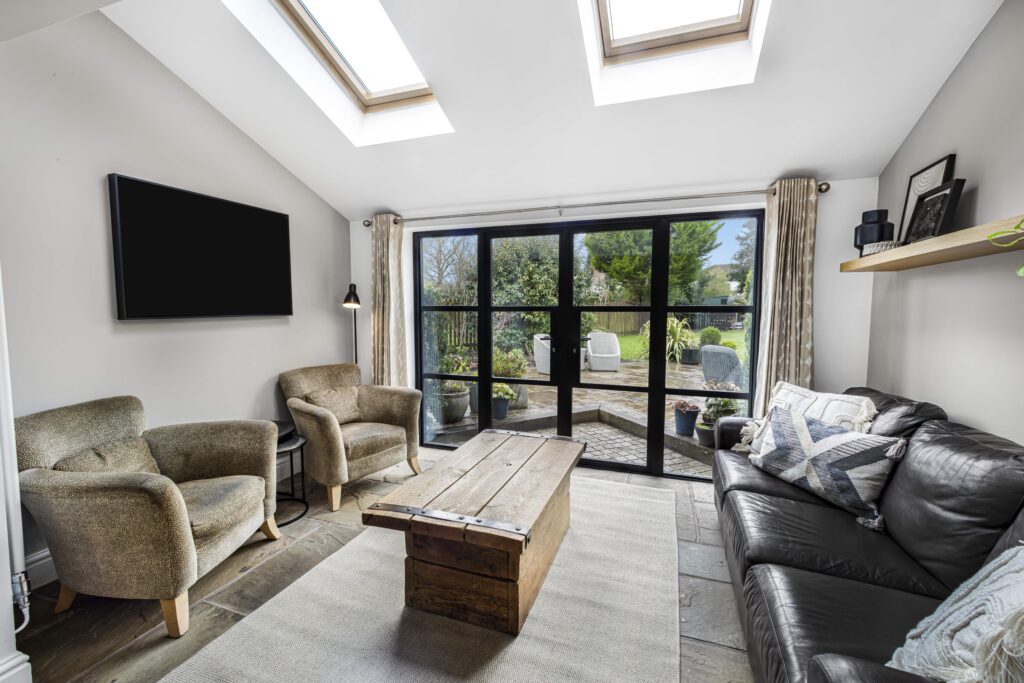
Issues Related to Trespassing
Entering a property without the owner’s permission in order to take photos could potentially be considered trespass. So, for vacant rentals or sales properties, it’s important to get consent from the owner or vendor before accessing the property to take photos.
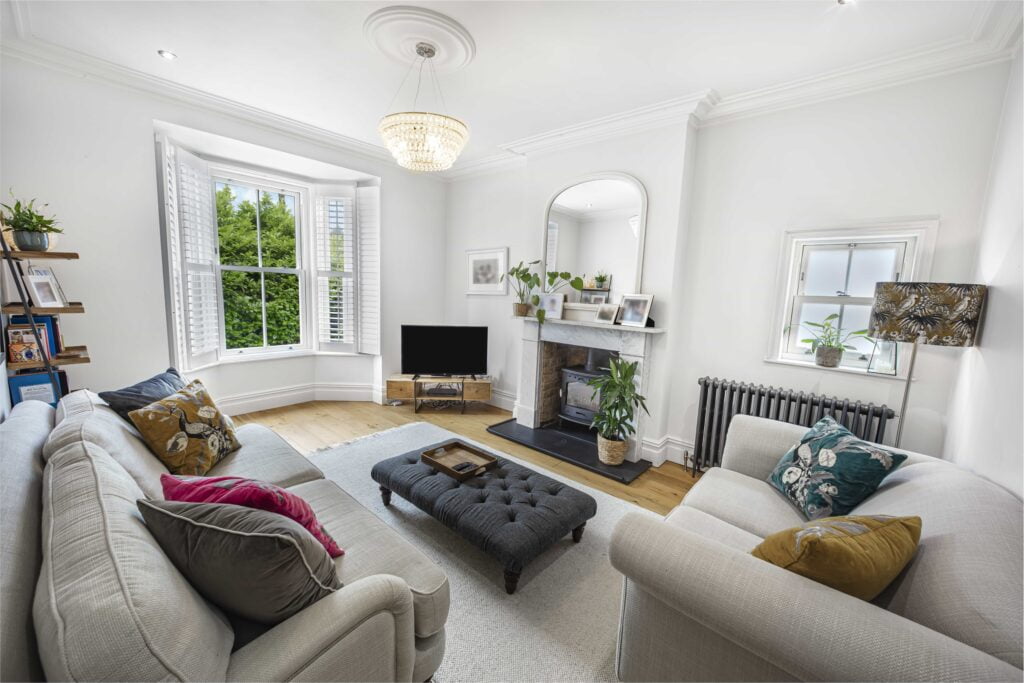
Using Drones
The use of drones for aerial property photography has increased. However, drones are covered under specific UK laws relating to privacy and data protection. The Information Commissioner’s Office (ICO) states that photos taken from drones that show identifiable people may require consent and be subject to data protection regulations.
In addition, drone users have to abide by regulations set by the Civil Aviation Authority (CAA). There are specific legal requirements around licensing, flying distances, height restrictions etc. Make sure to check the current drone laws if you intend to use aerial photography for your listings.
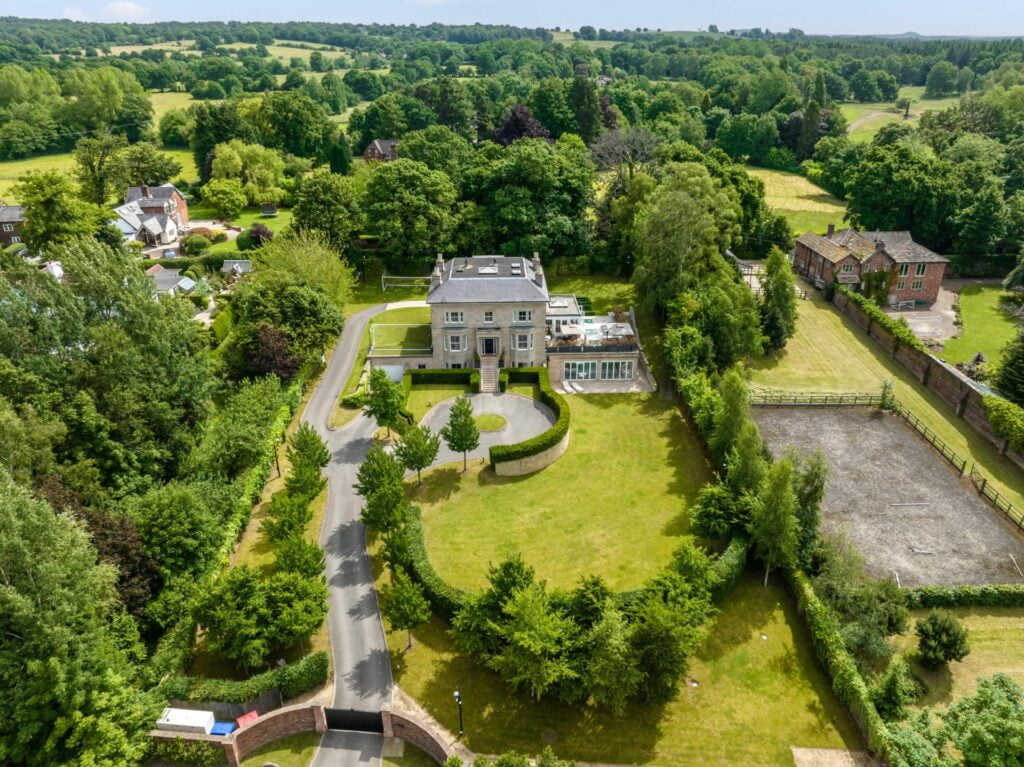
Final Words
While great photos are indispensable in property marketing, there are a several legal issues to consider around copyright, privacy rights, trespass and drone use when taking and using photos of residential properties in the UK. Consulting photography agreements, getting consent and checking laws/regulations will help estate and letting agents remain compliant. Property photography laws need to be taken into consideration.
